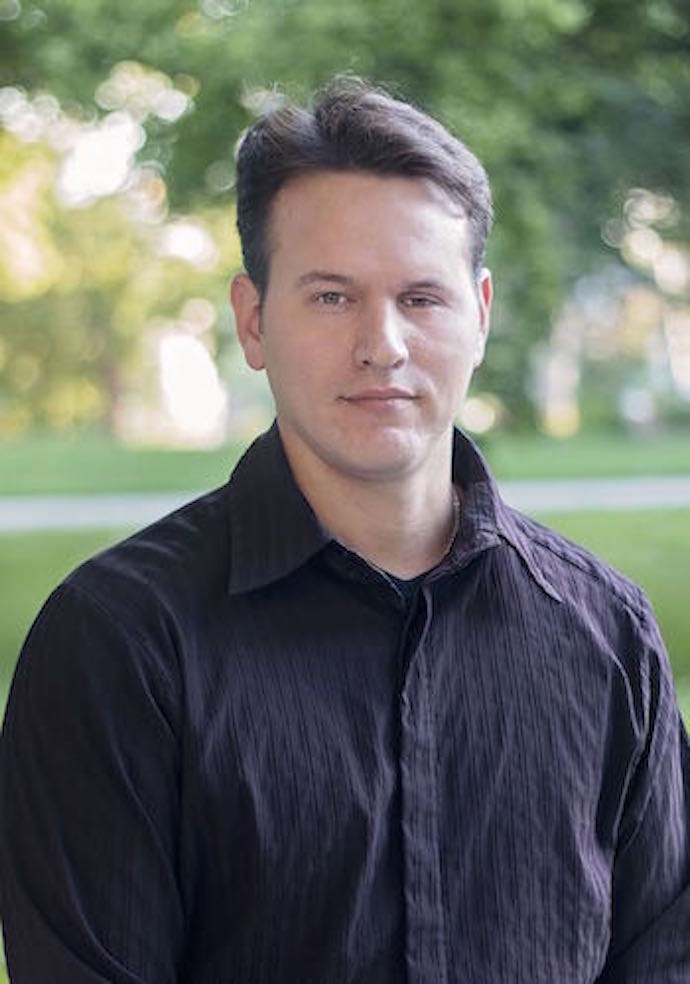Dr. Ray Asebedo is a former assistant professor of precision agriculture at Kansas State University and consultant for Topcon Agriculture. He focuses on the development of agronomic algorithms and IoT to enable farmers to utilize optical sensor technologies for nutrient management in corn, soybeans and wheat.
Today, Asebedo discusses the need for assessing phosphorus and potassium levels through proper sampling techniques.
Non-mobile nutrients in the soil often requires either grid soil sampling, or soil sampling by zone, or even a composite sample, which can help get no-tillers and strip-tillers on the right track for what they have for P or K levels.
Asebedo notes, this is a critical step, prior to applying sensing technology to N and sulfur. “The temptation is to jump right into nitrogen and sulfur, or just nitrogen alone. But the deal is, if our soil pH and P and K are not in the right spot, no matter how good we make that nitrogen program, it’s always going to be lagging in yield and profitability because the lower ranks of the ladder haven’t been taken care of yet.”
He adds that if farmers don’t have their pH, P and K in the right order, they’re not going to see as much profitability from newer optical sensor technology, especially with N management and N prescriptions.
Next come secondary and micronutrient need, followed by in-season crop response. Optical sensor data collected from drones or sending technology on a sprayer can show in-field variability to the crop’s response to soil according to weather.
For example, excessive rainfall in northern states in 2018 may have drastically changed N management plans for no-tillers and strip-tillers.
“If we were just doing a pre-applied fertility program, we would never be able to take into consideration what’s happening in-season,” Asebedo says. “By utilizing optical sensor technologies, we can read what the crop is telling us, and develop multiple nutrients and variable-rate applications. This is where we can really start to hone in to improving profit per-acre on the farm.”
Hear more from Dr. Ray Asebedo in our Strip-Till Farmer podcast series, sponsored by Topcon Agriculture.






